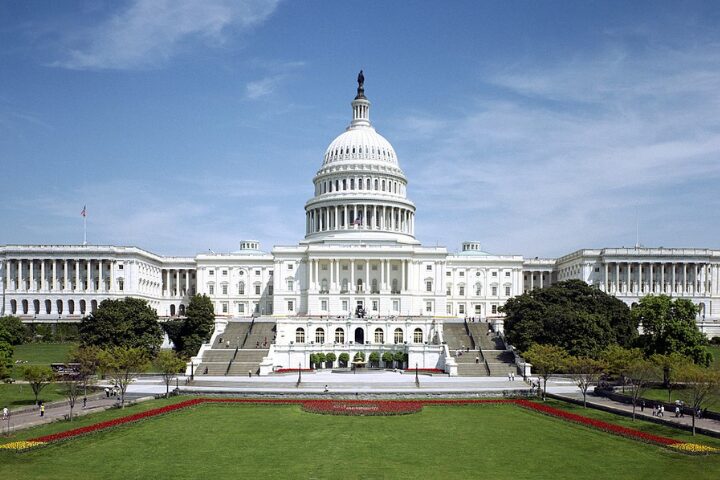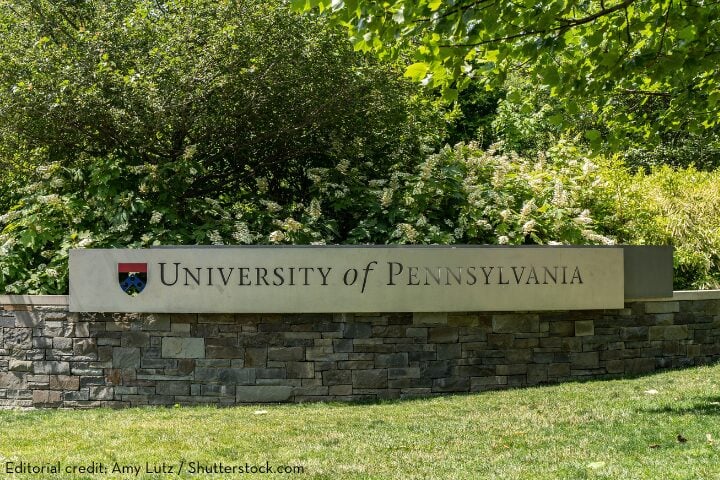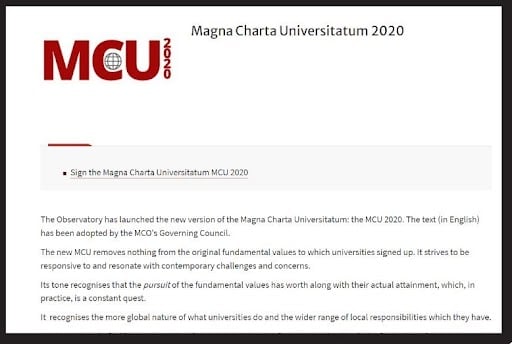On March 11, PEN America provided testimony to the North Dakota Legislative Assembly opposing HB 1437, which threatens to undermine the faculty tenure system by politicizing the review of faculty research, teaching and service.
Here is the testimony of Amy Reid, PEN America’s Freedom to Learn senior manager:
To: Senate Education Committee
State of North Dakota 69th Legislative Assembly
Re: HB 1437
Position: Opposition
March 11, 2025
To the Chair and Members of the Senate Education Committee,
My name is Amy Reid, and I write to you on behalf of PEN America’s Freedom to Learn team, urging you to protect academic freedom by either recommending a do not pass to the full chamber or adopting the attached amendment to H.B. 1437 that offers a narrowly targeted revision to the provision on post-tenure review committee membership, which remains our final concern.
PEN America is a nonpartisan, non-profit writers’ membership organization that operates at the intersection of literature and human rights to celebrate literature and defend the freedoms that make it possible, including academic freedom and the freedom of speech. The Freedom to Learn Program tracks, analyzes and responds to legislation that censors ideas in higher education or erodes the institutional structures necessary to preserve academic freedom. Before joining PEN America, I taught for almost thirty years in the Florida State University System, serving as a professor of French language and Literature at New College of Florida. My career teaching there crystallized my commitment to ensuring America’s public college and university students have access to the highest quality education, because it matters for the future and prosperity of our country. I also have personal experience with post-tenure review, which has long been the standard practice at New College; I can attest to the value of rigorous peer reviews of the teaching, research and community service records faculty, both pre- and post-tenure. When done right, post-tenure review by committees of faculty from across the institution provides the feedback and mentorship necessary for professors to succeed and grow as teachers and scholars. But faculty review is a process that works best when designed and led by faculty with the institutional knowledge and commitment to shared governance that enables schools to flourish, free from undue political influence.
I first want to say to the sponsor, Representative Motschenbacher, that we appreciate his response to stakeholder concerns that resulted in a reworking of his introduced bill, which originally would have entirely banned tenure for certain institutions. In its current form, PEN America does not object to most provisions in H.B. 1437 – we do not oppose post-tenure review, nor requiring universities to adopt criteria and procedures to govern the tenure process. What we do oppose, however, is pretending that the structure of tenure remains while, in reality, rendering tenure effectively meaningless. And that is, unfortunately, exactly what H.B. 1437 now does. We did reach out to Representative Motschenbacher to explain our concerns, but received no response, so we now bring these concerns in public testimony to request your consideration.
A key protection of tenure is that a tenured faculty member’s teaching and research are evaluated by a panel of peers – respected experts of the institution with extensive and recognized experience in teaching and research in pursuit of knowledge and understanding. This ensures that faculty are not subject to political pressure from administrators but are judged according to standards of scholarship and their contributions to the institution. It is faculty who have already earned tenure who are best equipped to assess the breadth and depth of the teaching, research and service accomplishments detailed in a tenure or post-tenure review file, and the consistency brought by these faculty members ensures that standards are upheld over time, prioritizing the good of the institution. Under this system, faculty whose work is controversial or unpopular are not forced to temper their conclusions simply due to an administrator’s disagreement or an administrator’s fear of reprisal by powerful actors. Conversely, when a faculty member’s career is directly subject to the scrutiny of administrators who, themselves, serve at will and ultimately answer to those controlling their institution’s purse-strings, actors such as private funders or politicians distributing appropriations may easily exert influence over tenure and employment decisions. Faculty research and creative works, and the school’s curricula, could be inappropriately impacted as a result, impinging on the quality of teaching and learning.
This fraught system is exactly what the North Dakota Legislature will mandate if it passes H.B. 1437 in its current form. Post-tenure review committees would be appointed by public university or college presidents and the composition would include the faculty members’ administrative supervisor, at least one administrator, and no more than one other faculty member. These strictures both empower and hamstring the president in ways that undermine the review process. Not only would the highest-ranking administrator of the institution have unilateral power to appoint the individuals charged with completing post-tenure reviews, that administrator would be subject to severe and explicit limits on including other faculty, who are, in fact, those best qualified to perform the review.
While a university or college president might intend to act as responsibly as possible under the constraints of the law, they would also be entirely within their authority to not appoint a faculty member at all, or to relegate the faculty appointment to obscurity by appointing many administrators to outweigh their expertise. Even worse, by specifying that membership must include certain positions and failing to limit membership to only those types of individuals, legislators would grant university and college presidents the statutory authority to place any individual on a committee. Should they choose, they could establish a review panel made up of the faculty member’s supervisor and a university administrator, but also a private donor funding the faculty member’s research, their next-door neighbor, myself, every member of this legislative committee, or any combination of these. And this would be the body charged with a review that, per the bill’s language, could lead to a faculty member’s termination. I believe we can all agree that such a process for appointing post-tenure review committees would not serve college students in North Dakota particularly well, undermining the ability of academic institutions to properly and professionally evaluate their faculty members’ research, teaching and service.
Rather than attempting to establish a one-size-fits-all approach in law that will inevitably fail North Dakota faculty and students, legislators should allow the state’s public universities and colleges to craft policies that strike a more appropriate balance. The attached amendment proposes exactly this solution. Without this amendment, H.B. 1437 will serve as pavement on the road to censorship for public higher education. I urge this committee to make the responsible choice and adopt this amendment to protect true academic freedom in North Dakota.
Thank you for your consideration.
Amy Reid
HB 1437
Proposed amendment
Reference House Engrossed Bill (First Engrossment)
Page 1, line 16, strike “by the president of the institution or the designee of the president” insert “in accordance with the policy adopted by the institution pursuant to this section”
- Line 18, strike “The committee must include the faculty”
- Strike lines 19 through 21
The resulting paragraph would read:
c. Establishes a procedure for post-tenure evaluations, which must be informed by the annual evaluations under subdivision b and conducted by a committee appointed by the president of the institution or the designee of the president in accordance with the policy adopted by the institution pursuant to this section. The first evaluation must occur within three years. Subsequent evaluations must occur every five years or more frequently. The committee must include the faculty member administrative supervisor of the faculty member under evaluation or review, at least one ranking administrator, and no more than one other faculty member.












